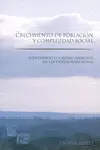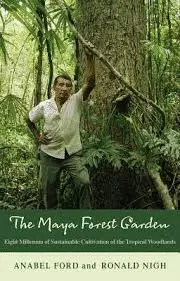The Maya Forest Garden
Eight Millennia Of Sustainable Cultivation Of The Tropical Woodlands
Ford, Anabel / Ronald Nigh
The conventional wisdom says that the devolution of Classic Maya civilization occurred because its population grew too large and dense to be supported by primitive neotropical farming methods, resulting in debilitating famines and internecine struggles. Using research on contemporary Maya farming techniques and important new archaeological research, Ford and Nigh refute this Ma...
Sinopsis
The conventional wisdom says that the devolution of Classic Maya civilization occurred because its population grew too large and dense to be supported by primitive neotropical farming methods, resulting in debilitating famines and internecine struggles. Using research on contemporary Maya farming techniques and important new archaeological research, Ford and Nigh refute this Malthusian explanation of events in ancient Central America and posit a radical alternative theory.
The authors
show that ancient Maya farmers developed ingenious, sustainable woodland techniques to cultivate numerous food plants (including the staple maize);
examine both contemporary tropical farming techniques and the archaeological record (particularly regarding climate) to reach their conclusions;
make the argument that these ancient techniques, still in use today, can support significant populations over long periods of time.
"Thousands of years of cultural memory and empirical farming knowledge, as well as modern science and deep agroecology, are reflected in the incredibly diverse Maya milpa fields and forest gardens described in this book. In this epic transdisciplinary account of the intimate relationship between a people and its environment, historical agroecology comes alive, is shown to be living today, and holds the seeds of our future. Heed well the message this book contains! "
- Steve Gliessman, Professor Emeritus of Agroecology, University of California, Santa Cruz
"This engaging book will simultaneously expand scientific respect for indigenous ecological knowledge and become the keystone for advancing ecosystem conservation and sustainable agriculture in the Latin American tropics."
- James D. Nations, National Parks Conservation Association
"The Maya and forests are entangled in a tenacious web of interdependent life. There would be no Maya without the forest, and the forest would be different without the Maya. The Maya Forest Garden is rooted in more than 30 years of archaeological, ethnological, and development fieldwork at El Pilar on the Guatemala-Belize border. It demonstrates how the Maya of the past transformed and managed the forest in such a way that it supported large populations, and it outlines how the Maya of today are living in a sustainable manner."
- William E. Doolittle, University of Texas at Austin
Comentarios
Sé el primero en comentar este libroArtículos relacionados
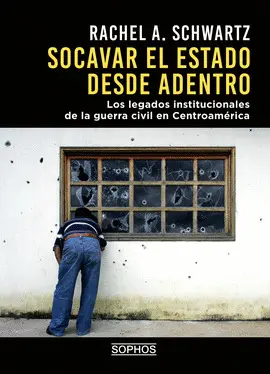
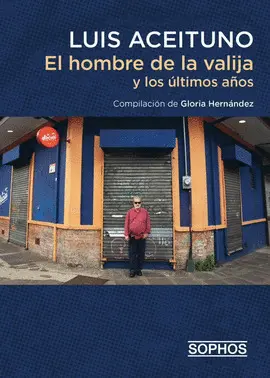



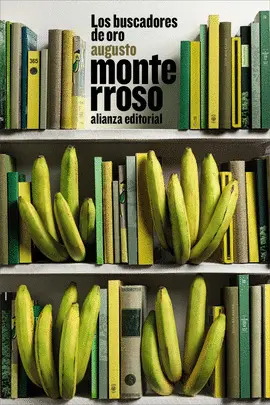
Otros libros del autor
